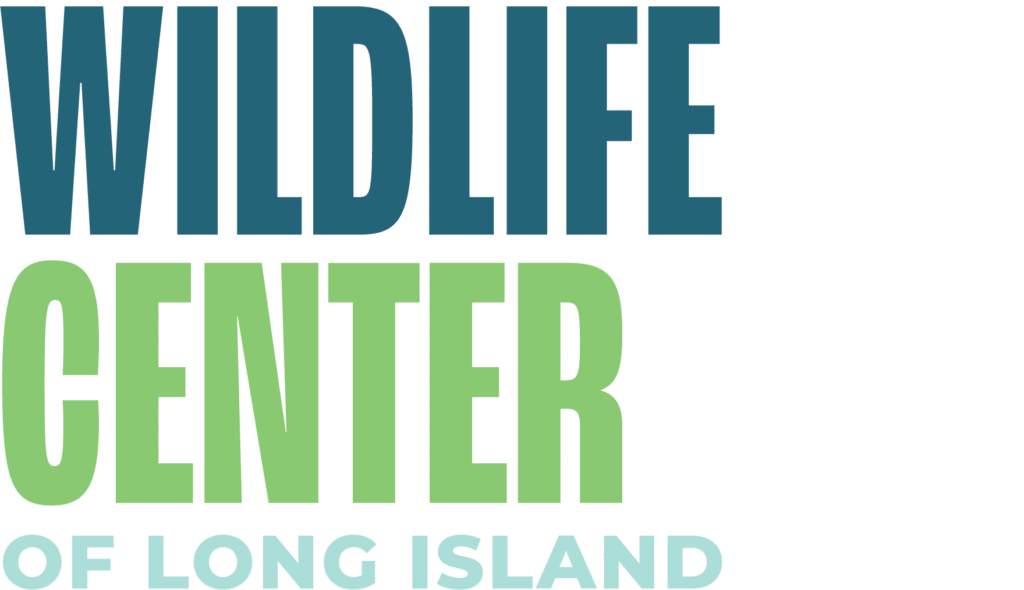We provide around-the-clock care to over 2,200 wild animals each year.
We provide compassionate care to every animal with the goal of returning these animals to their homes in nature.
Our Wildlife Rehabilitation Hospital serves as the primary resource for injured & orphaned wildlife on Long Island in Nassau & Western Suffolk Counties.
We provide compassionate care to every animal with the goal of returning these animals to their homes in nature.
We field over 10,000 calls annually in response to emergency situations. In addition to calls from the public, we are contacted by police officers, fire departments, town, and municipal animal shelters, state wildlife officials, and veterinary hospitals all over Long Island.
Dedicated to the preservation of Long Island’s wildlife and natural habitats since 1982, our Wildlife Center provides a vital service to our community.
The public, police, fire departments, and animal control personnel all turn to us when faced with wildlife in crisis. These animals cannot fend for themselves in the wild and need our help!
Stay up to date about the latest news & upcoming events

Wildlife Center of Long Island (Formerly known as Volunteers for Wildlife) is a tax exempt 501(c)3 not-for-profit charitable organization. Copies of our annual audited financial statements as well as annual IRS 990 and NY State CHAR500 reports can be accessed on the NYS Attorney General’s Charity website.
Website by Smashbeat Media